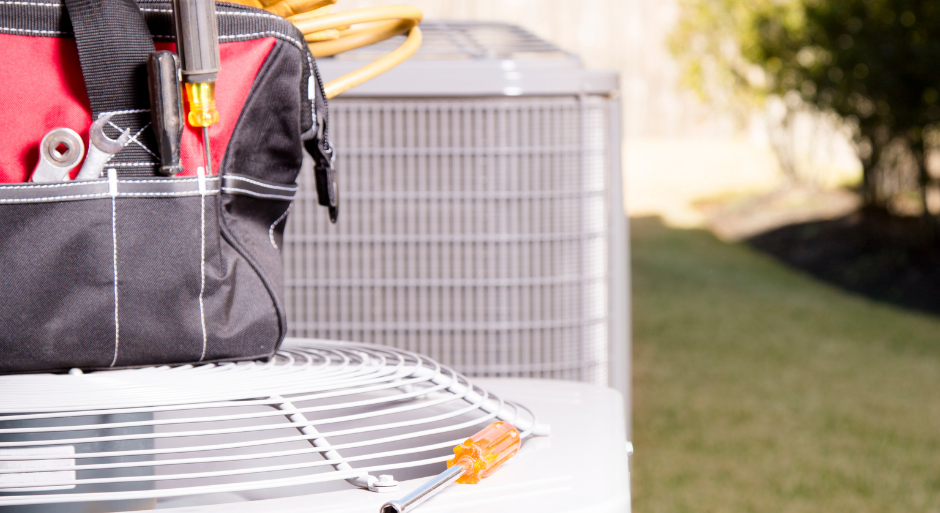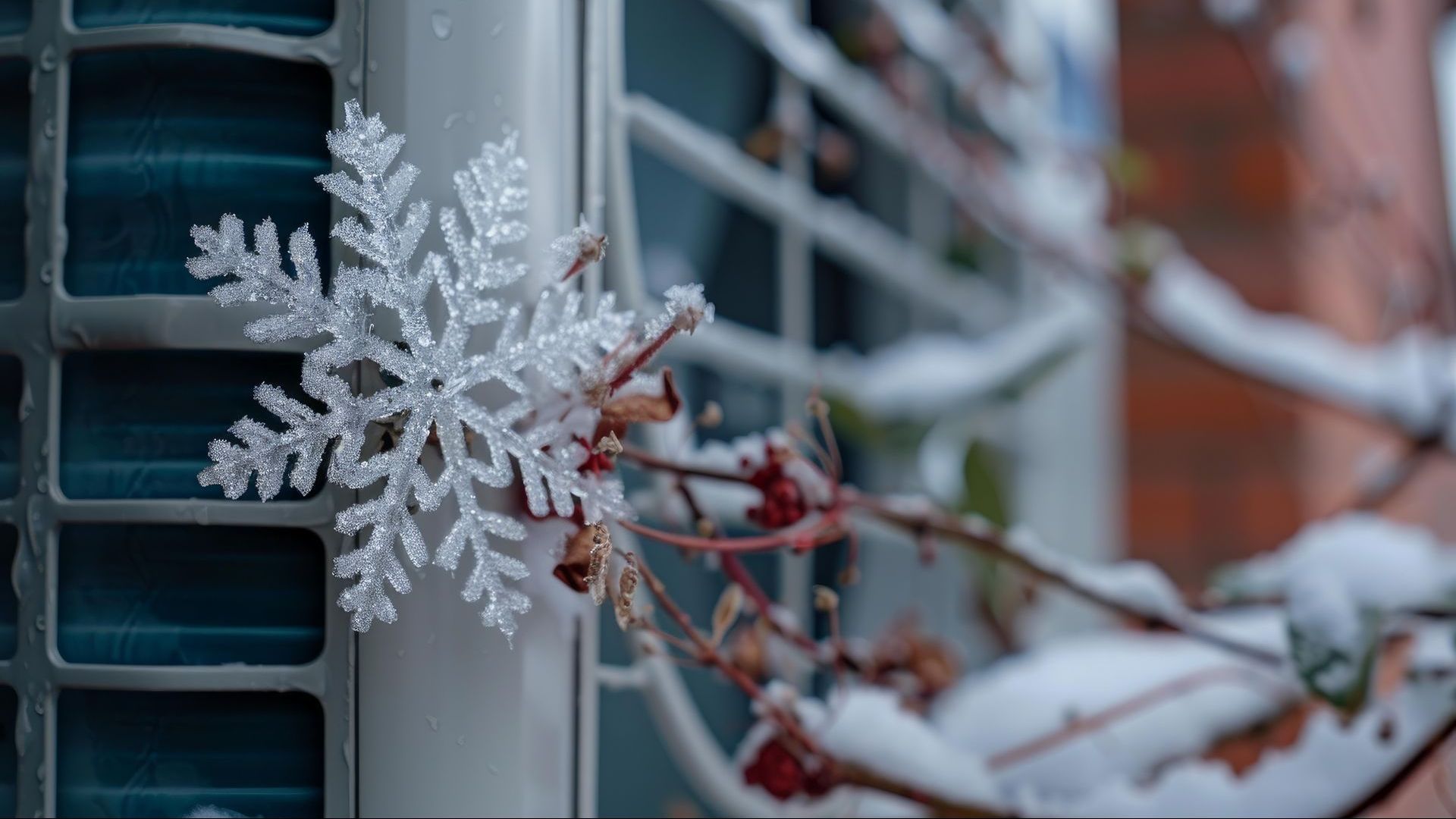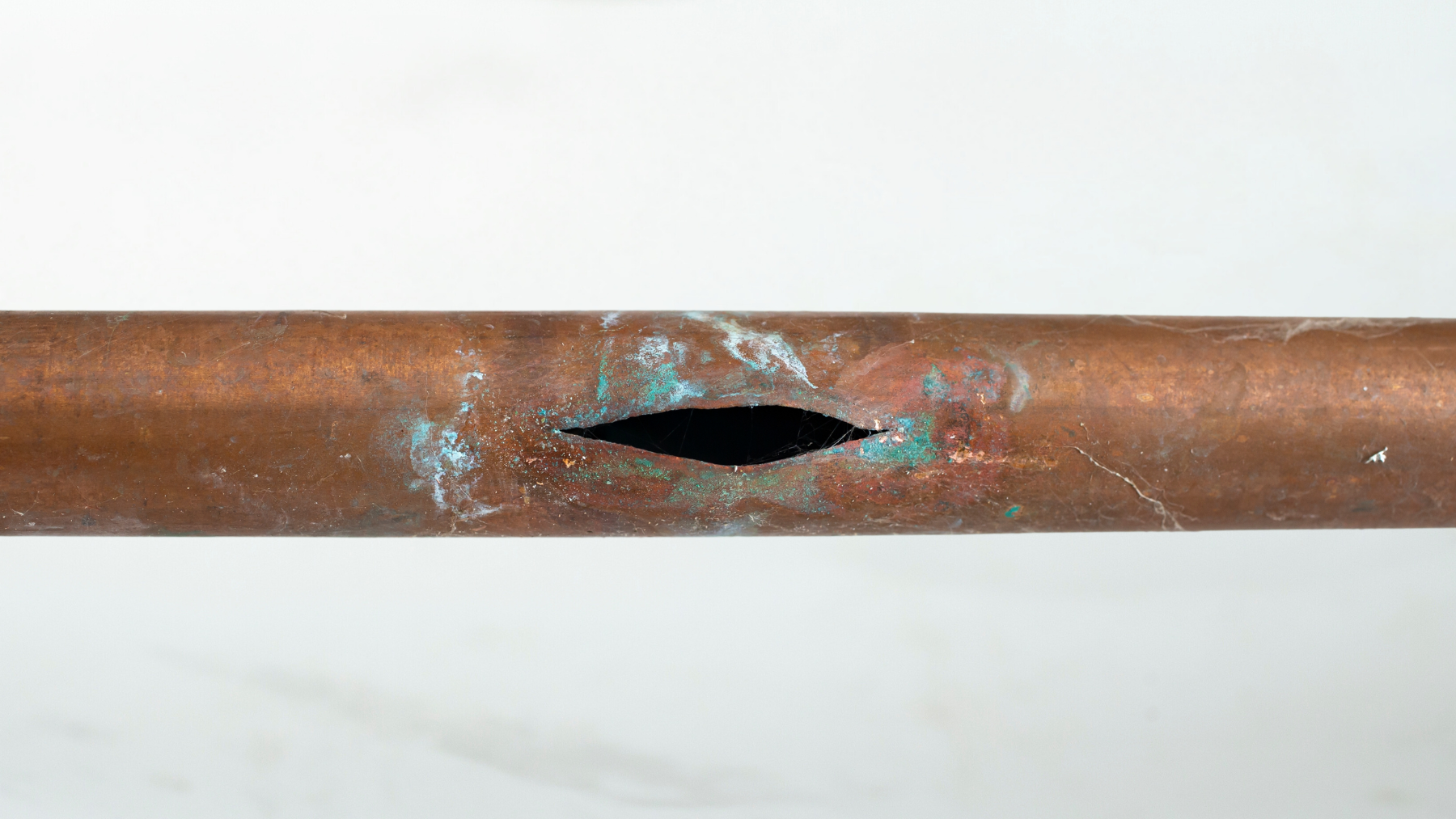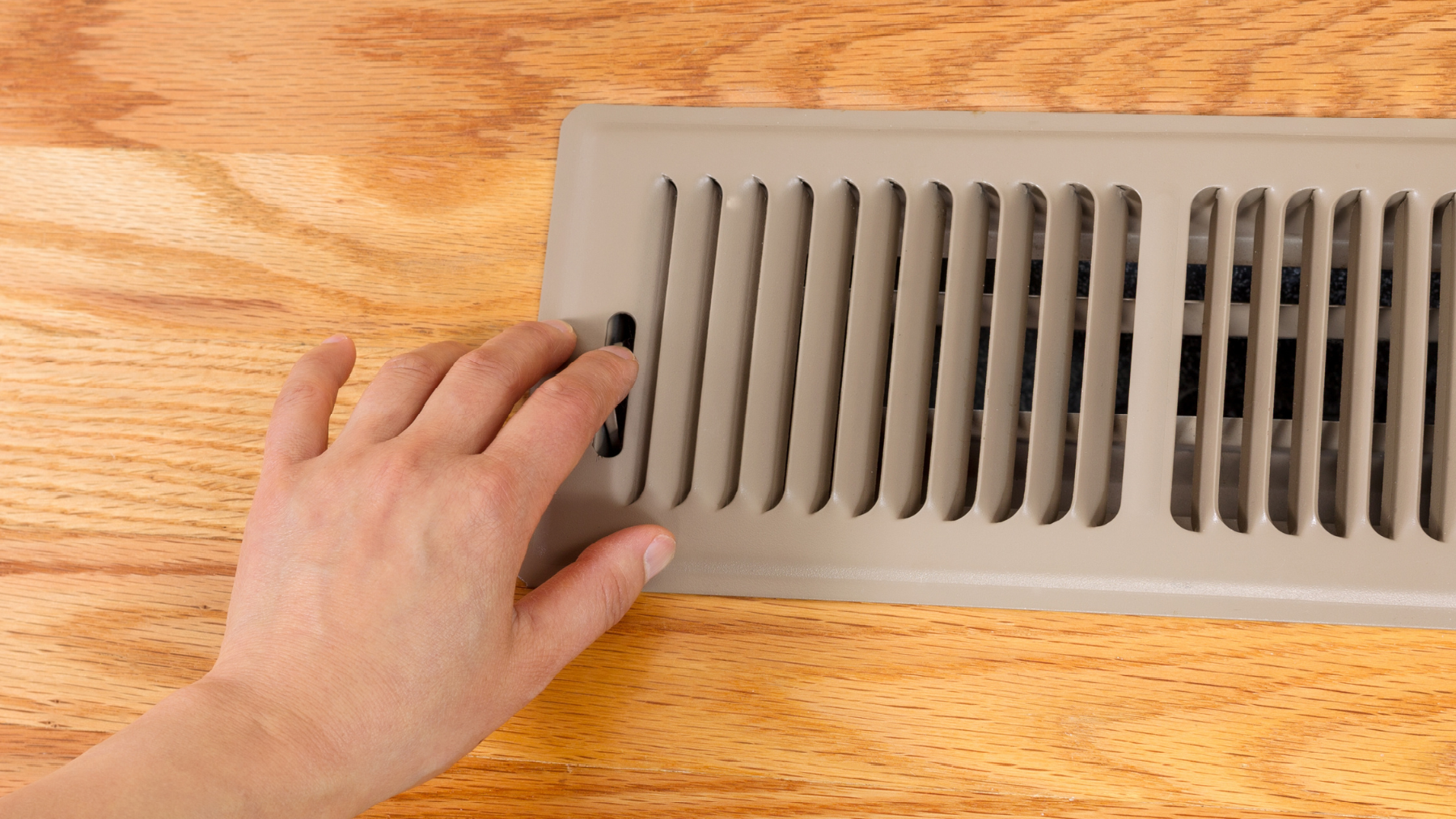HVAC Maintenance Tips

Keeping up with regular maintenance is a great way to save money when it comes to your HVAC unit. Not only will it keep your HVAC system running efficiently, but it will help prevent you from spending hundreds to thousands of dollars in repairs. Here are a few things you can do to keep your HVAC system in good condition.
1. Schedule Professional Preventative Maintenance
It is recommended that two preventative maintenance inspections should be scheduled every year when the seasons change from warm weather to cold, and vice versa. This prevents breakdowns caused specifically by temperature shifts.
2. Change Air Filters Regularly
The filters in your HVAC unit catch particles in the air like dust and dirt so they are not spread throughout your home. Keeping your air filters changed out improves the air quality in your home and helps your HVAC system work more efficiently. You can read more about when to change out your air filters here.
3. Remember to Visually Inspect Your HVAC System
When you change out your air filter, it is good practice to take a quick glance at your system and make sure nothing looks out of the ordinary. If your system doesn’t seem to be running properly, make sure to schedule an inspection to prevent further damage to your HVAC system.
4. Eliminate Around Both the Indoor and Outdoor HVAC units
Clutter around your unit can negatively affect its efficiency. Make sure any leaves, branches, or other debris are removed from any outdoor unit. Also, make sure that any clutter is kept away from the indoor unit to prevent excessive dust collection. This can cause your air filter to fill up faster and prevent your system from working as effectively as it should.
5. Replace Your Thermostat Batteries
Thermostat maintenance often gets overlooked, remember to change out your batteries regularly to maintain your thermostat’s performance.
6. Replace Your System
The average lifespan of an HVAC unit is anywhere from 15 to 25 years. If your unit is reaching the end of those 15 to 25 years, you might consider replacing the HVAC system. Compared to an older system, a new HVAC system would be more energy efficient saving you energy and money every month. Although having a new system installed is not the cheapest maintenance option, in the long run, it can be very beneficial to your home’s energy efficiency.
Keeping up with your HVAC System Maintenance can save you extra hassle and money. Contact B. Dumont Heating and Air today to schedule an inspection to make sure your system is running properly!
https://www.forbes.com/home-improvement/hvac/hvac-maintenance-tips/
CONTACT US




